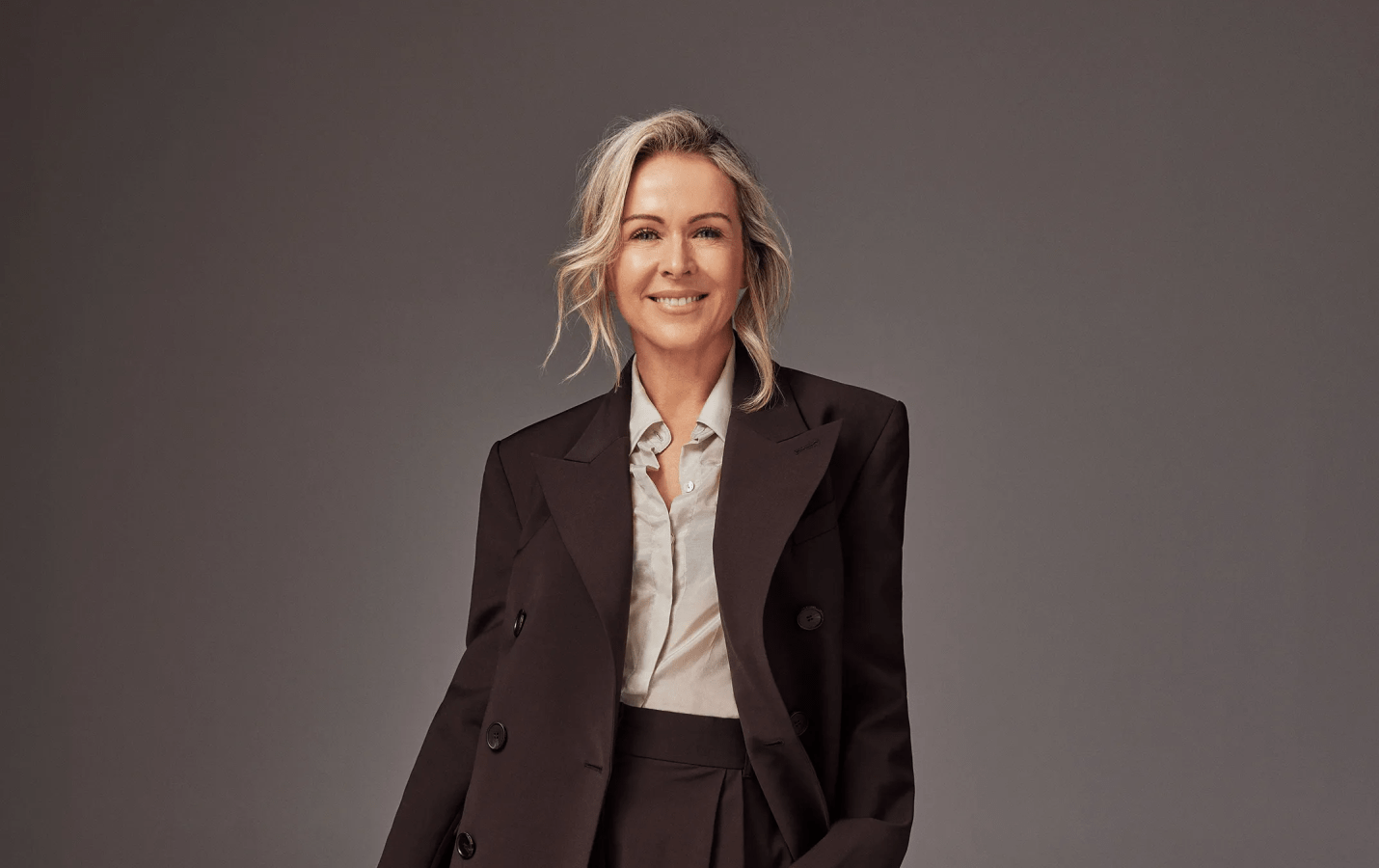Keeping up with the ever-changing trends in global corporate governance is no easy task. Here are the three key areas Australian boards and leaders need to be aware of – and acting on – this year.

Great board leadership has the power to generate growth through governance, and with potentially turbulent times ahead, good corporate governance is essential.
In particular, as the horizon of ESG agendas continues to extend, it’s crucial that boards and corporate leaders understand how to best respond to regulators and stay effective.
Since 2015, Russell Reynolds Associates has interviewed global institutional investors, shareholder activists, pension fund managers, regulators, proxy advisors, and other corporate governance professionals to identify the most pressing issues that boards and directors are likely to face in the coming year.
The results of this year’s study reveal that organisational practices and processes are facing even greater scrutiny than before and, under such tense circumstances, Australian leaders are centring their attention on three key areas.
Technology: opportunity or threat?
After a year of cyber-attacks, which exposed customer data and damaged company reputations, the lens through which organisations view the digital landscape has shifted from hope to fear.
2022 saw several harmful and high-profile attacks across the globe, affecting universities, national healthcare bodies, social media platforms and rideshare companies. Locally, customer data was stolen from telecommunications and health insurance organisations, negatively impacting customer confidence and share prices.
For most, a major hacking incident is no longer a question of ‘if’ but ‘when’, causing data – a business’s most valuable resource – to be seen as a liability.
In response, organisations are improving their technological capability from the top down, prioritising digital skills when considering new appointments to the board.
As advanced AI and machine learning become BAU, boards are looking to bring this expertise to the table and add cyber concerns to risk committee agendas as technology. The bottom line becomes ever more entwined.
Seismic economic and political shifts
For many boards, the last actual economic downturn is a distant memory experienced early on in members’ careers. Few have led through such financial disruption – though the pandemic served as a useful training ground.
While Australia has yet to meet the technical definition of recession, rising interest rates and inflation have been a growing concern for the past two quarters and are becoming increasingly problematic. Across the nation, boards are exercising more caution regarding the local impact − whether realised or perceived − of global economic headwinds.
This is yet another challenge in a series of obstacles that have hindered the plans of organisations in the past year. The war in Ukraine and political instability have made for a more complex landscape for board chairs to navigate, and regional geopolitics have led to significant recalculations of organisational strategies.
Meanwhile, organisations continue to confront a competitive talent market while coming to terms with a new workforce climate and employee relations that have been irrevocably changed since the pandemic.
Every letter in ESG
Over the past two years, environmental concerns have gained serious momentum, and a collective commitment to 2030 carbon and sustainability goals is demanded. A statement of intent no longer suffices; now, boards are expected to commit to and make progress upon these goals, following strict reporting procedures.
To meet increasingly complex requirements, ESG will be a priority board agenda item when selecting directors and within its operations. This year, environmental concerns will not be the only discussion point, with the ‘S’ and ‘G’ coming to the fore.
Socially speaking, many new board chairs are making refreshing moves on issues such as First Nations reconciliation and doubling down on internal board development and performance processes. Forward-thinking chairs are also recruiting with equity and diversity front of mind, recognising the competitive edge this can offer, over and above compliance.
Now is also the time for a renewed focus on governance, with more time and capital being invested in the area, particularly concerning director development. A historically neglected category, the banking Royal Commission of 2019 and the pandemic have seen a notable change in board expectations, and chairs will be working to ensure their teams can withstand such scrutiny.
Moving with the times
This year promises to be an interesting one for boards and leaders, with a broader remit for corporate governance and growing expectations from more informed and empowered stakeholders.
While challenging, this new era offers boards the opportunity to differentiate themselves through visionary leadership. Through responsive action, tempered with careful consideration and a sound understanding of the regulatory framework, chairs and their members can chart a more progressive and sustainable course for their organisations.
Stephen Langton is Managing Director at Russell Reynolds Associates.
Look back on the week that was with hand-picked articles from Australia and around the world. Sign up to the Forbes Australia newsletter here.


